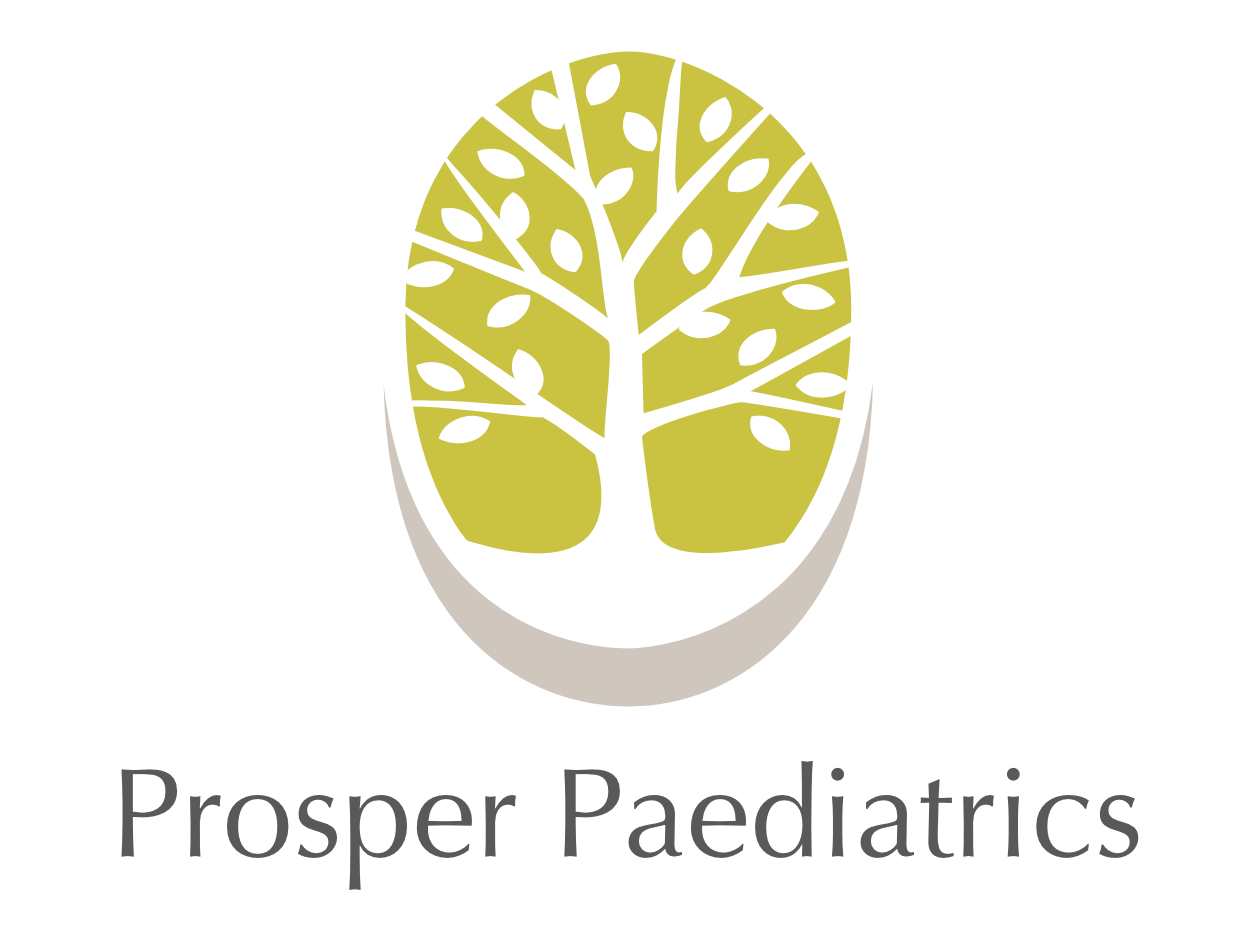Autism Diagnostic Assessment - information, costs and wait times
You or your referrer may want your paediatrician to consider whether your child may have Autism.
The paediatrician’s books are closed. They may agree to accept a referral that meets certain criteria. See information about new Patient Appointment Requests
For current patients or those accepted under their criteria for exceptions, the associated paediatricians may provide a provisional diagnosis subject to the outcome of a formal assessment. However, they will generally be unable to undertake that formal assessment themselves due to capacity constraints. If formally diagnosed, they may offer a follow-up appointment for item 135.
The paediatrician, after one or several appointments, may:
Provide a referral for a Medicare rebated ASD Assessment with an accredited Psychologist or an Allied Health Diagnostic Team (Psychologist and Speech Therapist) or
The Child Development Unit (CDU) at the Women's and Children's Hospital, or equivalent at other public paediatric health services.
Offer to conduct a formal Diagnostic ASD Assessment themselves in rare situations.
Some of the associated paediatricians are accredited to conduct Formal ASD Diagnostic Assessments. However, they are unlikely to offer to conduct these assessments themselves except in certain very limited circumstances and generally only for younger children. Most are no longer offering to conduct formal ASD Diagnostic Assessments at all.
Allied Health Assessments
An accredited psychologist may conduct a formal ASD Diagnostic Assessment on their own. However most conduct their assessments jointly with an accredited Speech Pathologist.
Your paediatrician makes this referral to these allied health diagnosticians under the Medicare Complex Neurodevelopmental Disorders Scheme, and this will allow you to access a Medicare rebate.
Paediatrician conducted assessments:
Two (sometimes three) formal assessment appointments are normally required over several months, after one or several general paediatric appointments.
Formal Allied Health Assessments:
The psychologist will conduct the assessment over about 3 hours. If they are working with a Speech Pathologist in a dual assessment, the combined assessment may take 3 to 4 hours.
One Opinion or Two?
Two diagnostic opinions are considered the "gold standard' for ASD assessment. However, for many families, one opinion is sufficient to address their child's needs and allow access to most funding assistance for therapies.
Autism SA may now be happy to accept one accredited diagnostic report to allow for access to their school advisory services. (please check with them is this service is important to you.
The NDIS (as of August 2023) accepts one ASD diagnostic report from a paediatrician, psychiatrist or psychologist but is increasingly requiring additional assessments of disability and adaptive functioning.
The Medicare Complex Neurodevelopmental Disorders Scheme only requires one opinion although your paediatrician may require a formal allied health assessment to finalise their diagnosis.
Your provider may recommend a second assessment due to extra complexity or divert the assessment to the multidisciplinary services in the public system's Child Development Unit (CDU).
The Formal Report
Most diagnosticians take around 2 to 4 weeks to finalise their Report following the last ASD assessment appointment.
The Paediatrician item 135 appointment, once the diagnosis has been made.
This appointment is to discuss the diagnosis, write referrals for tests and therapy, assist with letters of support to the NDIS, and assist with NDIS and Centrelink forms. This is billed with a once-off Medicare item 135 under the Medicare Complex Neurodevelopmental Disorders Scheme (CND). Billing the 135 allows your paediatrician to make referrals for various Medicare rebated Allied Health Therapies. Under this CND scheme, your child will be able to access up to 20 Allied Health therapy rebates until the age of 25. This scheme is available for a range of other complex neurodevelopmental disorders in addition to ASD and is becoming increasingly important again, for early intervention therapy access.
Follow-up Paediatrician Care.
A follow-up appointment with the paediatrician is recommended about six weeks after the assessment to review progress with accessing therapies and funding assistance, medication questions, and test results. For many children, the ongoing care of a paediatrician is helpful or necessary, and reviews may be recommended in periods ranging from several times a year to once every one to two years, as needed. Your paediatrician may also manage other health concerns for your child if needed.
Parental Involvement
Parents' involvement in their Child's Diagnostic Assessment is normally recommended, whether separated or together. Parents are required to ensure that their child's other parent is kept informed and enabled to participate in the assessment process, including in appointments. Both parent's contributuons and perspectives help the Assessment process. Your child's healthcare records are open to both parents until your child is 16 years of age.
The purpose of ASD Diagnostic Assessment.
A Diagnosis of ASD should be about understanding your child better, about their self-understanding, getting the right therapies and their well-being now and through their life. Funding for therapy is usually important. Getting the right diagnosis is even more important for your child and may mean a different diagnosis or no diagnosis. Your provider will do their best, using their experience and training, based on the history you provide, questionnaires, and observations gathered for the assessment. Their objective will be to gain the right understanding of your child's needs and make the best recommendations for optimising their well-being now and for their future.
The diagnostic outcome of an ASD assessment will help you (and your child's wider community) better understand your child and how they experience and engage with the world. Further insight is gained into your child’s strengths and difficulties.
Further information and details about ASD Diagnostic Assessment is provided when booking.
The following paediatricians may offer to conduct an ASD Assessment after working through a general paediatric assessment over one or several appointments.

